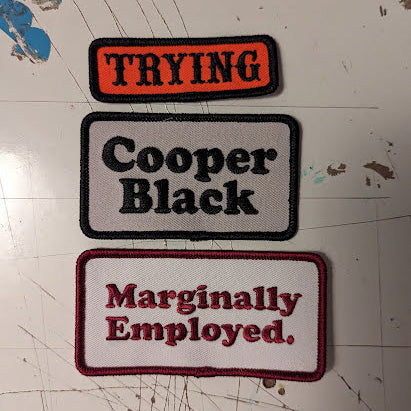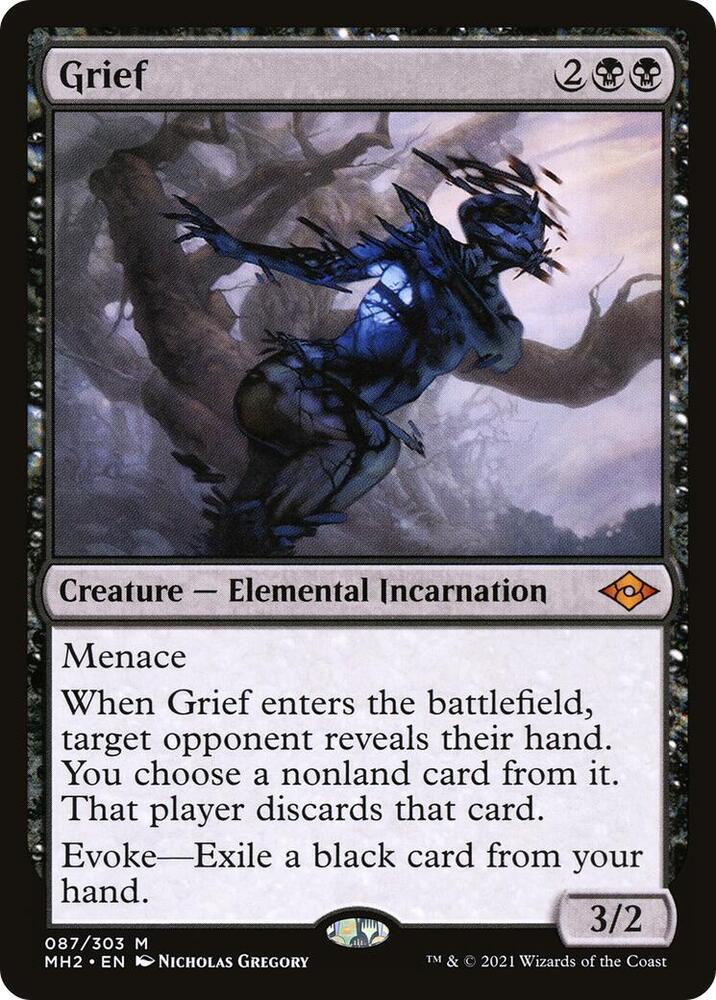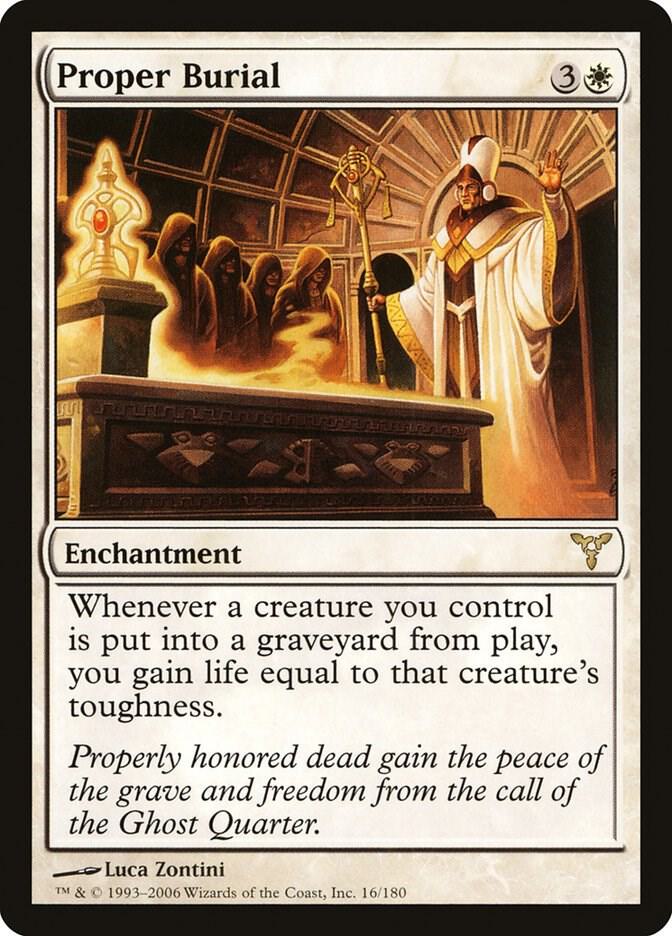
A Patch Three Pack
$20
It's easy at first, I play my cards just right. A fleet of cat soldiers, lined up eight deep, attacking with impunity. Each hit against my opponent raises my life counter, tick tick tick tick. I amass a lead that feels impossible for anyone to overcome until, of course, my opponent plays a series of cards in such quick succession that I have no idea what's happened to me. They flash the "good game" emote before I even realize it's over. I watch my life count down precipitously until it's all gone and my avatar explodes into red smoke.
I sit and hit the play button again.

Magic: The Gathering (shortened by most to MTG) is a trading card game—think Pokemon with wizards—that has amassed tens of millions of players in the 30 years it's been around. Traditionally played on folding tables in game stores that smell like meat and sweat, it made the leap into a digital version, MTG: Arena, in 2018. Gameplay in-person and online is virtually identical, though online has more sound effects and less awkward social interactions. The game features elaborate, if convoluted, lore about multiverse-jumping sorcerers known as Planeswalkers, and each card is illustrated with artwork that would look right at home airbrushed on the side of a sweet conversion van. Players play cards—sorry, cast spells—against each other in an attempt to bring the life counter of their opponent to zero. The rules are fairly straightforward, but are modified by the cards themselves, which are introduced in new sets every few months while older sets are retired in a matching cadence. The result is an ever-changing game that has spent more than 30 years transforming and evolving, almost alive. An endless game, if you let it become one.
This month, I've let it become one.
My mother died, suddenly and unexpectedly, at the beginning of June. It was a Sunday, plain as any other until it wasn't. A text, followed by a frantic phone call, followed by a desperate drive. I will spare you further details.
Nearly every waking moment since has been dealing with grim logistics and digging through a house filled with 30 years of accumulated things. My dad died a few years ago, so there's nobody left in the house now. We're speedrunning the cleanout, a terrible experience that involves making split-second decisions about someone else's most precious items. I'm not sure I've made a single correct decision, in part because there are no right choices in this excruciating game.
I come home exhausted, physically and mentally, spent so completely that basically all I can do is play Magic.

It's not an escape, not really. Despite the elaborate fantasy settings and sweeping orchestral music, never once am I not conscious of the fact that I'm sitting on a threadworm couch after a day of dealing with the hardest possible things, hoping that the familiar repetition of the game will lull my brain enough to let me sleep.
Every game starts the same: you play a "land" card—just one a turn—which functions as the currency of the game, and you use it to cast a spell. On the second turn, you play a second land, and you can cast slightly better spells. It continues like this until you lose. You lose a lot. And then you start over, one land after another.
One life after another.
I left home at 17, I couldn't wait to move out. My friends and I settled in an apartment in Chicago's Wicker Park neighborhood, then a haven for artists and musicians. We were both. I look back on it now and think about how impossibly young I was, setting out on my own. I never moved back. Not long after I moved out my parents left my childhood home, settling in the home that I'm now working to empty and, eventually, to sell.
There were things of mine still in the basement and those were the boxes I opened first, revisiting a child I barely remembered. But there were also boxes and boxes of letters my parents had been sent over the decades, back when people still wrote letters. And, further in, boxes of letters they wrote each other when they were young and in love and living apart. All these letters saved for decades—many for way more than half a century. I wanted to read them all, to take my time, to better understand the lives they lead. There is no time.
Some people play fast, winning in seconds. Others counter every move, frustrating you into maddening submission. My style is just to chip away at my opponents life as they chip away at mine. A war of attrition.

Most of the time I lose, slowly. My life, chipped away one by one. But play enough and you do get better and, in time, you learn how to bend the ever-changing rules to your favor, slightly. Eventually you rack up tiny victories in a field of losses.
It feels, if not better, at least not worse, for a moment.
It's not lost on me that filling time with an endless card game is a way to escape the cold clutch of grief. There are no counters, no tricky cards you can pull out of your hand. When that bastard attacks, it sails right through all defenses.
Grief is a bastard, but it's one I've known for a while. Coming up in a scene built by people that couldn't live in the mainstream meant that you become familiar with grief early on. You build your defenses as best you can at too young an age, and you hold the people around you and you hope. It doesn't always work.
Right now, it definitely doesn't work. And so I hit the play button again, a new hand of cards is dealt to me and I begin the process all over again of chipping away at life.
Chipping away, chipping, chipping, until you're just barely hanging on, hoping that the next draw will bring a miracle.
Published July 3, 2025. |
Have new posts sent directly to your email by subscribing to the newsletter version of this blog. No charge, no spam, just good times.
Or you can always subscribe via RSS or follow me on Mastodon or Bluesky where new posts are automatically posted.
Whistle Up 2: Rise of the Whistle Goblins
Today the crew of weirdo printers that I call the whistle goblins passed a half-million whistles printed and shipped. I wrote about how we got there and how you can start printing whistles yourself.
Posted on Feb 8, 2026
Foundational Texts: Jenny Holzer's Truisms
The first installment in the monthly Foundational Texts series looks at artist Jenny Holzer's Truisms, what they meant to a 14-year-old me and how they still resonate today.
Posted on Jan 31, 2026
From Chicago to Minneapolis to wherever is next, more and more it's very clear that we are all we have. And maybe that's enough.
Posted on Jan 21, 2026